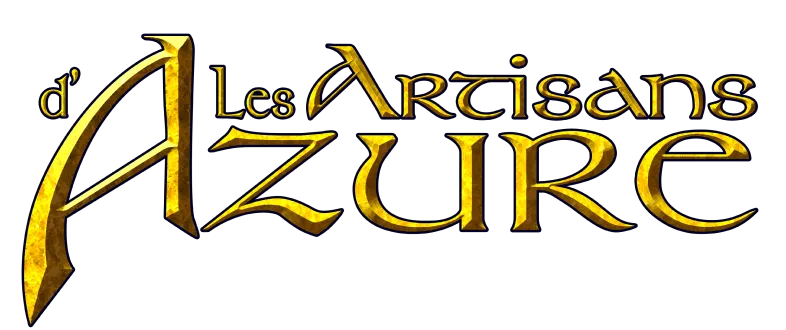TRPG and LARP : The Roleplay Siblings
TRPG and LARP : The Roleplay Siblings

Tabletop roleplaying games (TRPG) and live action roleplaying (LARP) are sibling hobbies with a lot in common, sharing key historical developments as well as a big overlapping in their player communities. However, they also have obvious differences, with their own separate historical roots and design goals that set them as very distinct games and hobbies, aiming for a different kind of experience. While some of these points are obvious, some are not as intuitive to identify without some personal experiences of their respective gameplay.
✧ Some Differences Between TRPG and LARP
While both TRPG and LARP involve immersive storytelling and character development, they differ in terms of their level of physicality and the degree of immersion. TRPGs are more often more focused on storytelling, game mechanics, and imagination, while LARPs offer a more physical and interactive experience. Additionally, LARPs generally involve larger groups of players, whereas tabletops can be played with just a few friends around a table or over the internet using TRPG apps.
In a TRPG game, the storyteller, called game master, is always aware of what is happening around the table and can immediately answer to players' initiatives and questions. They know everything and can always intervene, giving them a somewhat omnipotent presence on the story, even if most TRPGs remain collaborative and not solely controlled by the game master. But in LARP, that level of supervision simply doesn't exist.

Photo by Shane Scarbrough on Unsplash
The game evolves in large part out of the control of the storyteller(s) and all they can do is seed information, initiate narratives, and bring conflict into the game. They then watch it evolve and will try to react when what is happening in the game reaches back to them.
That often means that a large part of the play is left out of the control of the storytellers, meaning the players as a collective play a more important role in the game experience and the story as a whole. Nevertheless, the larger group involved also diminish the individual impact of specific characters, creating a more collective story rather than an adventure that turn around a main character or a small team of heroes. A LARP is a loose micro-society that moves on its own accord, while a TRPG offers a tightly focused narrative.
✧ Which Provides the Best Immersion?
LARP can also achieve a more immersive gameplay if the visual decorum and the more realistic physicality of the game are used well, but that is not necessarily the case. Character immersion and roleplaying are something that need to be nurtured, and if they aren't a priority in the player culture and the game design of a LARP, the immersion may actually be inferior to what can be found around a table dedicated to storytelling and impersonating characters.

Many LARP events have as many out of character interactions than what can be seen in a TRPG. In some war oriented games, playing a fully developed character isn't even a requirement. As long as the minimum decorum is respected, a name and some basic understanding of the fictional world is often all that is needed.
In many cases, it will be a question of personal preferences. Some people are more tolerant to a lack of visual decorum while others will break their immersion if they hear people talk out of character or shouting character stats. However, the immersion ceiling of a LARP event is much higher if all the boxes are checked, because great costumes, immersive action and an impressive medieval venue can certainly bring good acting, character roleplay and narratives to a whole new level. The edge TRPG has over LARP is player agency and the freedom that comes from operating without the need to rely on physical play.




Leave a comment